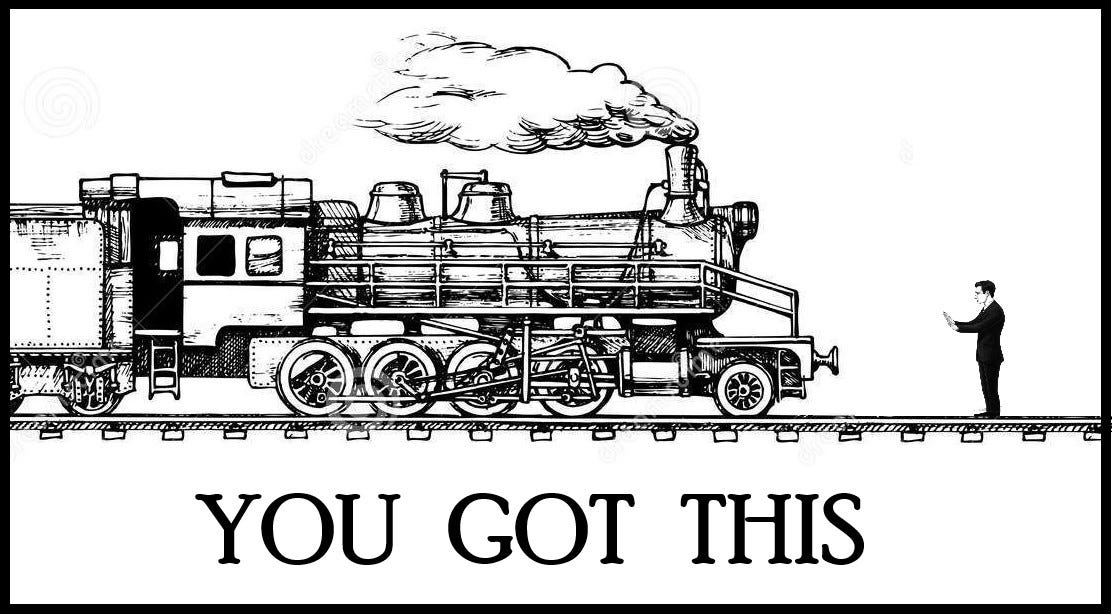Tariff This, Tariff That
Tariff your money up.
“The odds we will have some tariff’s this year are quite high”.
This is a direct quote from two-time Morningstar manager of the year, David Giroux. Never has such an obvious statement been uttered with so much brain power.
A tariff is a simple trade policy tool used by governments to control import volume. A 25% tariff would mean that any good coming across the US border for sale would have its price increased by the tariff. The artificial price increase will go straight into the Treasury’s coffers. Coin for the king’s purse.
This begs the question: who pays the tariff? Is it the importer or the consumer? Read on. Maybe I’ll answer this. Maybe I’ll give a frustrating non-answer. Either way, at least you’re not reading AI generated content.
While Mr. Giroux’s statement could have originated from Captain Obvious himself, its consequences are multi-faceted. He goes on to say that tariffs will be a one-time event impacting inflation and that they will likely not push it above his 2.3 – 2.4% annualized estimate.
This is partly because the threat of tariffs is a game of economic chicken, and the US is the equivalent of a scrappy prized fighting cock. We strut around purple mountains majesty flexing our $1.2T trade deficit like imposing talons, striking fear into our trade partners.
The strutting usually works, although it has its limits.
Last weekend we endured heightened trade policy uncertainty with the US’ two largest trade partners, Mexico and Canada. The issue of illicit trafficking across the southern and northern borders being the intended target of the 25% tariff cudgel. Things were said and feelings were hurt, mostly the Canadians’.
Tariffs on Mexican and Canadian goods have been paused for one month while negotiations take place. Developments so far have been promising as both countries have agreed to provide troops to combat drug trafficking.
Across the ocean, a 10% tariff on all Chinese goods (in addition to the ongoing 25% tariffs from 2018) were put in place with immediate effect. China has filed a formal complaint with the World Trade Organization (WTO). Unfortunately, the manager has been unresponsive.
So, all these prices increases, who pays them? That’s a question loaded with the potential for politically biased thought driving. Let’s dispel with the binary all or nothing paradigm and insert the logic disc drive.
If a foreign manufacturer or producer sells a good in the US at $100, they are doing so with a profit motive which manifests as a profit margin. Let’s say this margin is 30%. This means they make $30 for every widget we buy.
Now, with the 25% tariff, this good is now $125, right? Not necessarily. Each product or good outside of a monopoly is price elastic to varying degrees. In context, if the widget goes from $100 to $125, many just decide to buy something else.
This forces the manufacturer or producer to reduce margins to find the most efficient point on the supply/demand curve for optimal profitability. The consumer will naturally reject a dollar-for-dollar share of the tariff.
Conversely, this also doesn’t mean the widget stays at $100. Manufactures will not willingly take a loss. Thus, tariffs absolutely increase inflation, all else being equal.
The net effect of this whole ordeal is a reduction in trade deficits, which is mostly the point. There are very good arguments that sustained trade deficits are actually a good thing. When we trade a devaluing currency (dollar) for a newly manufactured car, who’s getting the better deal? Debatable.
It’s difficult to find solace in these arguments when you drive through once rich cities like Middletown, OH and witness firsthand how unfettered free trade can decimate domestic wealth. Perhaps tariffs revitalize American industry. Perhaps they don’t. There is no economic fact, only theory, so we’ll just have to wait and see.
As David Giroux implied, tariffs are likely. In fact, they’ve already happened. In a vacuum, this could mean less money in your pocket, but we don’t live in a vacuum. We live in a complex economy, beautifully dynamic. A pressure applied on one end could cause relief, growth or contraction in another.
Tariffs will not be the thing that derails our economic growth engine. Last I checked, it was a bad idea to play chicken with a train.
And one day not so far away, you may rather read content written by an AI than my ramblings. (I will still write them)
The opinions voiced in this material are for general information only and are not intended to provide specific advice or recommendations for any individual.
Securities offered through LPL Financial LLC. Member FINRA/SIPC. Advisory Services offered by National Wealth Management Group LLC, an SEC Registered Investment Advisory and separate entity from LPL Financial LLC.





